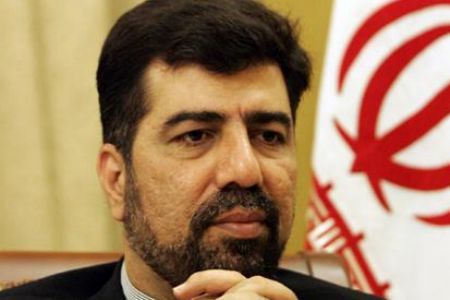‘Iran, tall wall against US mischief’

 Iranian Ambassador to Beirut Ghazanfar Roknabadi has described Iran as a major obstacle to US-sponsored plots in the region.
Iranian Ambassador to Beirut Ghazanfar Roknabadi has described Iran as a major obstacle to US-sponsored plots in the region.
“Iran resembles a strong dam against the US conspiracies in the region and has managed to create a new strategic balance [tipped] in favor of the axis of resistance in the region,” said Rokabadi on Wednesday.
The Iranian envoy said Iran is an exemplar of resistance for nations like Lebanon, Palestine and Iraq.
Roknabadi said if the United States and the zionist regime had not intervened in the internal affairs of the regional countries, most of the current difficulties would not exist.
Referring to the US and zionist threats to launch a military attack on Iran, he said Washington and Tel Aviv are well-aware that they will suffer a “heavy defeat” if they make such a “blatant mistake.”
The United States and the zionist regime have repeatedly threatened Tehran with the “option” of a military strike, based on the allegation that Iran’s nuclear program may consist of a covert military agenda.
Iranian officials have promised a crushing response to any military strike against the country, warning that any such measure could result in a war that would spread beyond the Middle East.
Meanwhile, the International Atomic Energy Agency has conducted numerous inspections of Iranian nuclear facilities but has never found any evidence indicating that Iran’s civilian nuclear program has been geared up for nuclear weapons production.







